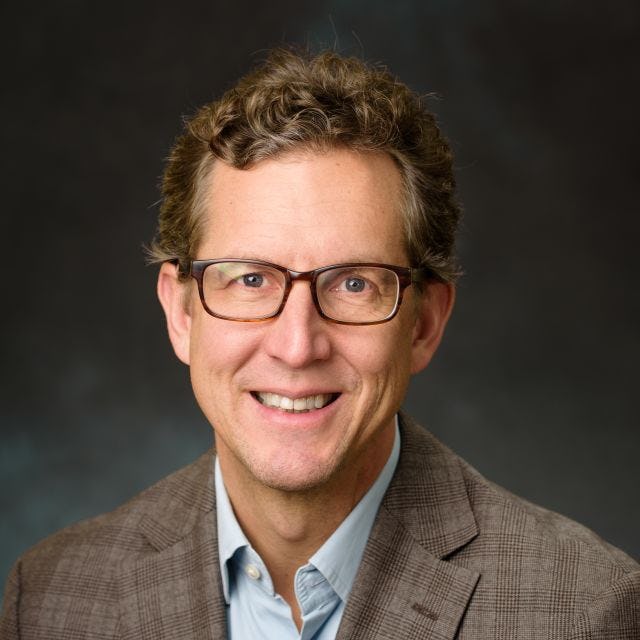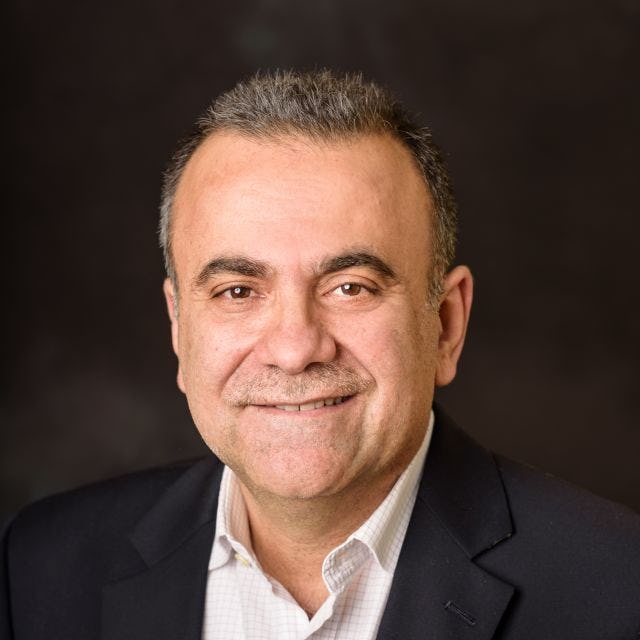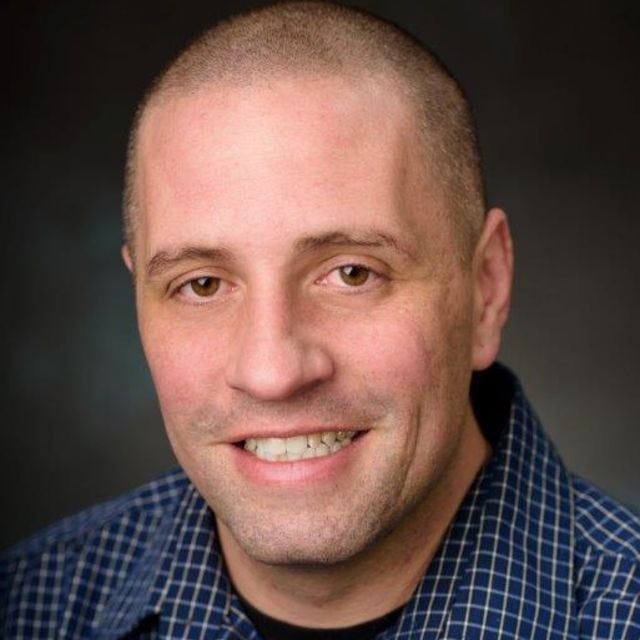
Ocean Engineering Doctoral Program
Program Details
Degree
Doctor of PhilosophyAvailable
On campusAdvance your expertise in naval engineering and coastal resilience at one of the nation’s foremost ocean engineering programs.
Stevens’ premier location offers Ph.D. students unique opportunities to participate in large-scale studies and projects focused on coastal flood protection and offshore wind energy. You’ll have access to cutting-edge facilities like the Stevens Urban Ocean Observatory and the Davidson Laboratory—one of the world’s fastest towing tanks. In addition, you’ll learn from Stevens’ expert faculty—like Professor Emeritus Daniel Savitsky, a pioneer in the method of theoretical resistance estimations—who have led the advancement of naval architecture for several decades.
The Department of Civil, Environmental, and Ocean Engineering offers dynamic opportunities to explore leading-edge research within a close community of faculty mentors. You'll be able to study under a faculty mentor in the area that you find most exciting:
Coastal Engineering
Physical Oceanography
Naval Architecture
Computational Fluid Dynamics
Living Shorelines
More Advantages to Our Program
Students have rare opportunities to interface with city governments and other stakeholders, with Stevens Urban Ocean Observatory and with related research projects that have a potential impact on a metropolitan area of 22 million people
The program provides the infrastructure to conduct field, laboratory and numerical analyses across all three of its focus areas
Within 50 miles of Hoboken, researchers have the opportunity to study ocean/coastal/back bay systems ranging from highly urbanized to completely natural
The Davidson Laboratory high-speed towing tank is one of the few on-campus towing tanks in the United States and one of the fastest towing tanks in the world
The program offers unique courses, such as Urban Oceanography; Design of Living Shorelines; and, Laboratory in Naval Architecture
Creation and analysis of observation data sets and forecasts
Classes that incorporate authentic design examples and research problems
Research on widely used, real-time forecasting systems
The Stevens Advantage: Widen Your Career Options
Stevens’ location on the Hudson River and near New York Harbor gives students a unique vantage point for studying marine transport systems. Institutional partnerships with the Port Authority of New York and New Jersey, the United States Environmental Protection Agency and other organizations allow students to pursue research and projects that deliver real-world benefits—experience that serves our graduates well on the job market.
Learn more about what makes graduate education from Stevens a unique experience:
Graduate Cooperative Education Program: Available with two tracks, your co-op experience can serve as a starting point for a research project or augment your on-campus research with complimentary experience.
International Student Experience: Tap into our expanding worldwide network of research, academic and alumni partners and mentor with our expert faculty in a number of federally-designated STEM degree programs. Optional Practical Training (OPT) or Curricular Practical Training (CPT) is available to gain work experience in your major/field of study.
State-of-the-Art Research Labs and Facilities: Build, tinker and test your designs in Stevens' MakerCenter, Prototype and Object Fabrication Lab, or numerous other research facilities.
Research Opportunities: Renowned faculty, labs and research centers – as well as industry partnerships and funding from leading national agencies – support strategic and interdisciplinary research in engineering and science.
Assistantships and Fellowships: Stevens offers funding to select graduate students in the form of teaching assistantships, research assistantships and fellowships. Limited in number, these highly competitive opportunities are awarded to exceptional candidates based on merit.
Expanded Learning Options: The Schaefer School offers new opportunities for doctoral students to do coursework at universities in the New York City area – and around the world – through our growing list of academic partnerships with other prestigious universities. Learn more about our latest partnerships.
Hands-On Civil, Environmental and Ocean Engineering Research
At Stevens, you have the ability to join research groups with students at a variety of levels of experience, and outstanding faculty so you can learn cutting-edge technology as a team, just like in the real-world. In our state-of-the-art research labs and facilities, you'll have the opportunity to engage in experiential learning.
Program Admission Requirements
Who Should Apply?
The ocean engineering Ph.D. program welcomes applicants who possess a strong foundation in fluid mechanics and a passion for examining the effect of built and natural structures on the ocean environment.
Students best suited to the program should have a master’s degree in science, mathematics or engineering such as mechanical engineering, coastal/ocean engineering, oceanography, naval architecture/engineering/ship science, aerospace engineering, applied physics/mathematics or environmental engineering.
Requirements
Bachelor’s degree, with a minimum GPA of 3.0, from an accredited institution
Transcripts from all post-secondary institutions attended
Two letters of recommendation (academic or professional only; Select Ph.D. programs require a third letter of recommendation)
Statement of Purpose
$60 non-refundable Application Fee
Proof of English language proficiency
A competitive GRE or GMAT score (optional)
Resume/CV
Writing sample(s). All applicants are encouraged to submit a lab report (preferable) or paper that they wrote, individually, for an engineering course. Applicants who have published a journal article are also encouraged to submit a copy of their article.
For more complete details, visit our General Admissions Requirements page.
Curriculum Overview
View objectives, outcomes, and other Ph.D. curriculum details in the most recent academic catalog.
View Academic Catalog >
Each Ph.D. curriculum must also adhere to the institution wide standards listed in the doctoral handbook.
View Doctoral Handbook >
If you have existing graduate credits or experience in this area of study, contact graduate@stevens.edu to discuss opportunities to include it in the curriculum.
Fellowships & Assistantships
Information about assistantships and fellowships can be found here.
STEM Designated Degree Programs
The four fields comprising STEM – science, technology, engineering and mathematics – offer a wide variety of professions that are classified as some of the highest-growing and highest-paying jobs right now and in the future.
And for international students, the demand for STEM-related professionals in the United States can open the door for an extended stay.
An ever-growing list of eligible programs across all levels is available here.
A Tech Forward Education
Ocean Engineering Ph.D. Facts & Statistics
Related Programs
Civil Engineering Doctoral Program
Develop the specialized civil engineering expertise you need to solve the major infrastructure and geotechnical challenges facing the world today.
Environmental Engineering Doctoral Program
Gain vital skills that can directly impact communities around the world with a Ph.D. from Stevens’ internationally recognized environmental engineering program.
Mechanical Engineering Doctoral Program
Gain industry-leading expertise in robotics, bioengineering, nanomaterials, sustainable energy systems and more with a Ph.D. from Stevens.





